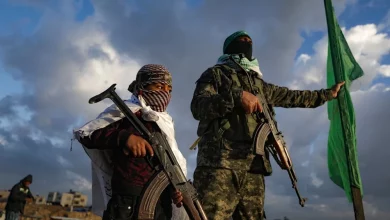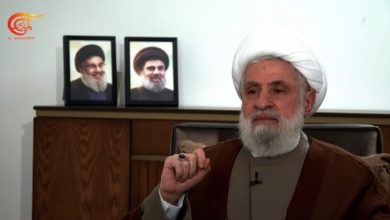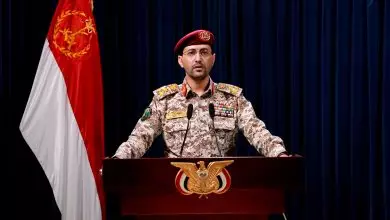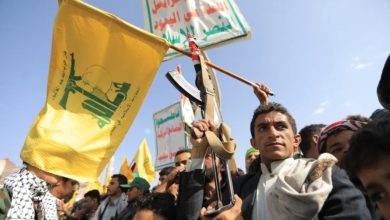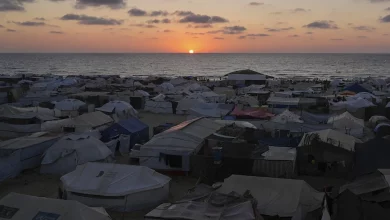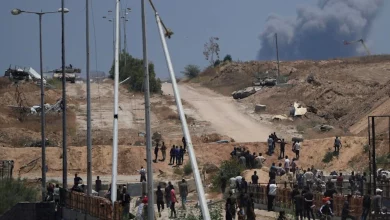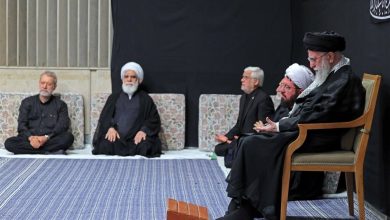Lebanon’s Hezbollah, Yemen’s Ansarullah: Soleimani’s legacy will live on
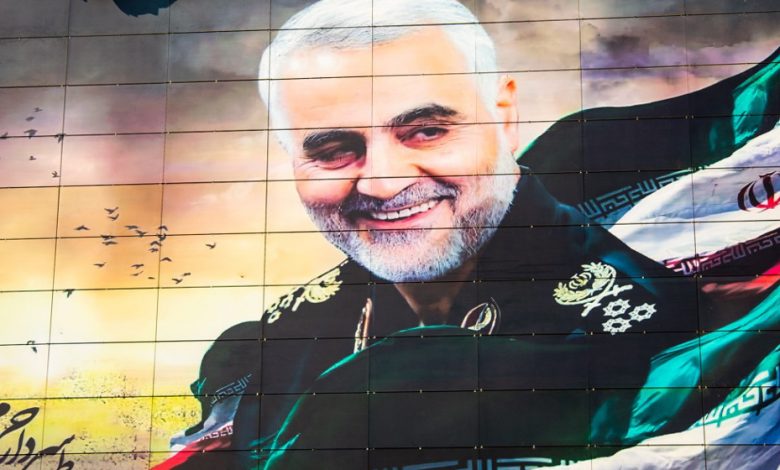
Lebanon’s Hezbollah and Yemen’s Ansarullah movements have asserted that the resistance front will continue down the same path set by Iranian anti-terror commander Lieutenant General Qassem Soleimani, in statements made on the occasion of the first anniversary of his martyrdom.
“The [regional] resistance axis will deploy martyr Soleimani’s strategies in any future battle, a choice which will surely lead to victory,” Deputy Chairman of Hezbollah’s Executive Council Sheikh Nabil Qaouq said in remarks to al-Manar that the Lebanese television network carried on Saturday.
General Soleimani, who commanded the Quds Force of Iran’s Islamic Revolution Guards Corps (IRGC), was admired as the Middle East’s most influential and charismatic counter-terrorism leader. He played a key role in helping Iraq and Syria defeat foreign-backed terrorists, chiefly Daesh, in late 2017.
The top commander was assassinated on January 3, 2020 in a US drone strike in Baghdad upon a direct order by President Donald Trump. His Iraqi trenchmate Abu Mahdi al-Muhandis, deputy commander of Iraq’s Hashd al-Sha’abi anti-terror force, along with several others were also killed when their convoy was hit.
Upon assuming commandership of the Quds Force, Nabil Qaouq said, Gen. Soleimani was tasked with empowering resistance groups to such a level that they would be capable of striking key Israeli targets, including Knesset (the regime’s parliament), its ministry of military affairs as well as other military and strategic centers.
“And he (General Soleimani) helped materialize that cause prior to his martyrdom,” the Lebanese official noted.
The missile defense network that the general helped build around the occupied territories now serves as a great deterrence and an “existential threat” to the occupying regime, Qaouq said.
The Lebanese resistance official also commended Gen. Soleimani for four decades of active presence on battlegrounds in Iran, Afghanistan, Syria, Iraq, and Lebanon.
“He would always wish for martyrdom,” Qaouq recalled. The general was wounded many times throughout his military career, but never abandoned his struggle, the official said, citing “devotion and purity of purpose” as what motivated his courage.
Mohammed Abdul-Salam, spokesman for Yemen’s Houthi Ansarullah defensive movement, also paid tribute to the legacy of Gen. Soleimani, saying, “The [international] Muslim Nation is determined to pursue the martyrs’ path.”
Speaking to Yemen’s al-Masirah television network, Abdul-Salam said the blood of Gen. Soleimani, al-Muhandis, and their companions can only be avenged through “the expulsion of the occupying US forces from the region.”
He called Trump, on whose direct order the assassinations were carried out, “the biggest murderer in the world.
The US’s decision to assassinate the duo, Abdul-Salam added, showed how successful they had been in confronting Washington’s aggression in the region.

